1. Karen Carpenter

Karen Carpenter, along with her brother Richard, became one of the defining pop voices of the ’70s as The Carpenters. Her warm, clear tone on songs like “We’ve Only Just Begun” and “Close to You” made her a household name, and the duo’s wholesome image stood out during a decade full of rock and disco. But behind the polished music and smiling performances, Karen was struggling with personal battles that the public didn’t fully realize at the time.
By the early ’80s, her health issues began overshadowing her career, and her attempt at a solo album was shelved by the record label. Karen tragically passed away in 1983 at just 32 years old, leaving behind a musical legacy that still touches listeners today. She didn’t exactly choose to walk away, but her absence was deeply felt after years of being everywhere. Her story has since become a reminder of how fame often hides very real struggles.
2. David Cassidy
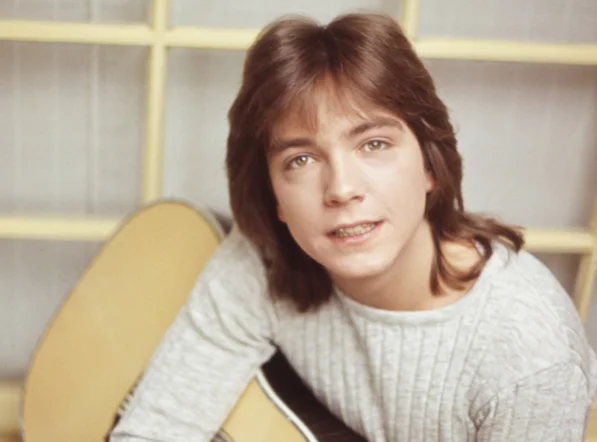
David Cassidy was one of the biggest teen idols of the ’70s thanks to his role as Keith Partridge on The Partridge Family. His posters were on bedroom walls across America, and his concerts drew crowds so intense that police sometimes had to intervene. With hits like “I Think I Love You,” Cassidy seemed destined for lasting stardom.
Yet fame wasn’t all it appeared to be. Cassidy grew tired of being packaged as a teen heartthrob and eventually stepped away from that world. He continued to act and perform, but he never returned to the fever-pitch fame of the ’70s. For fans who grew up with him, his decision to leave that life behind felt like the end of an era.
3. Olivia Newton-John
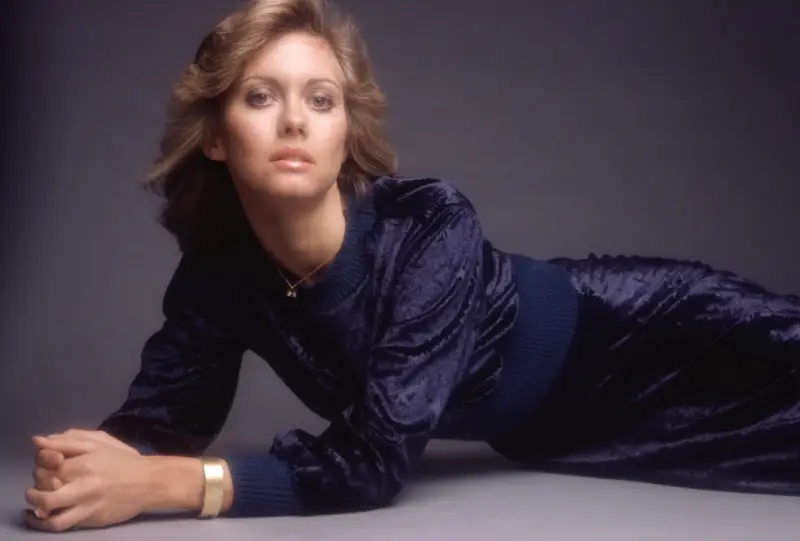
Before Grease made her a movie icon, Olivia Newton-John was already dominating the pop charts in the ’70s. With soft hits like “Have You Never Been Mellow” and “I Honestly Love You,” she brought a gentle sound that fit right into the era’s easy-listening vibe. She seemed poised for a long career in the spotlight.
But Newton-John eventually pulled back, focusing more on her personal life, business ventures, and later, her health advocacy. Though she occasionally returned with projects, she never pursued the constant pop stardom of her earlier years. For many fans, it felt like she quietly traded chart success for a life lived more on her own terms.
4. Jim Croce
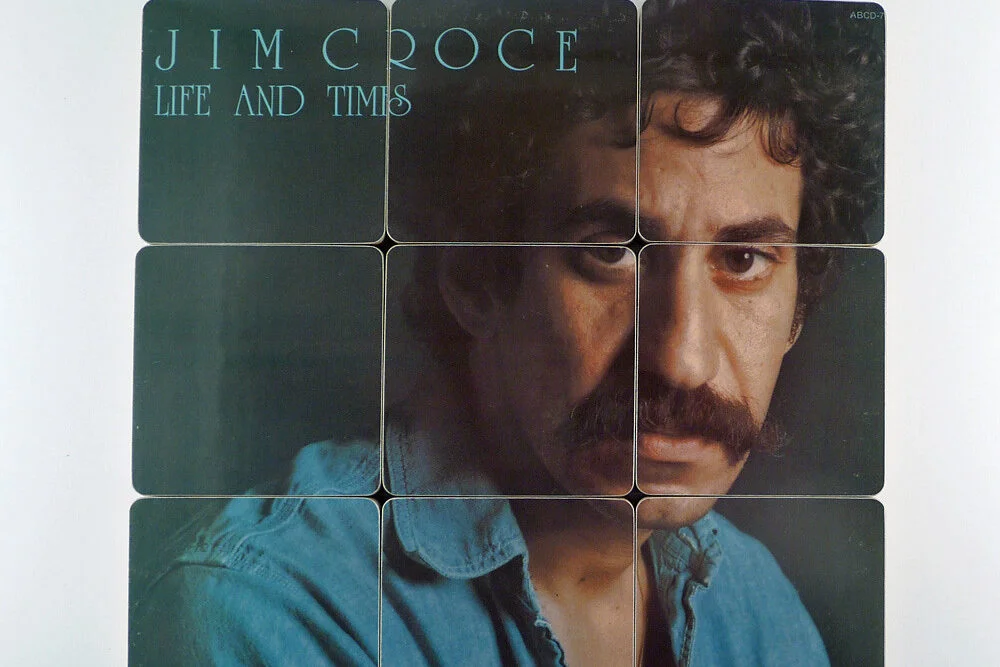
Jim Croce’s storytelling songs like “Time in a Bottle” and “Bad, Bad Leroy Brown” made him one of the most beloved singer-songwriters of the early ’70s. He had an everyman quality, writing about working-class struggles and love in ways that resonated with millions. His success was meteoric, and it seemed like he was just getting started.
Then tragedy struck. Croce died in a plane crash in 1973 at only 30 years old, just as his career was taking off. His early exit from music wasn’t by choice, but it left fans with the sense of a star who was everywhere and then suddenly gone. His songs remain staples of ’70s radio, carrying both joy and sadness in equal measure.
5. Cat Stevens
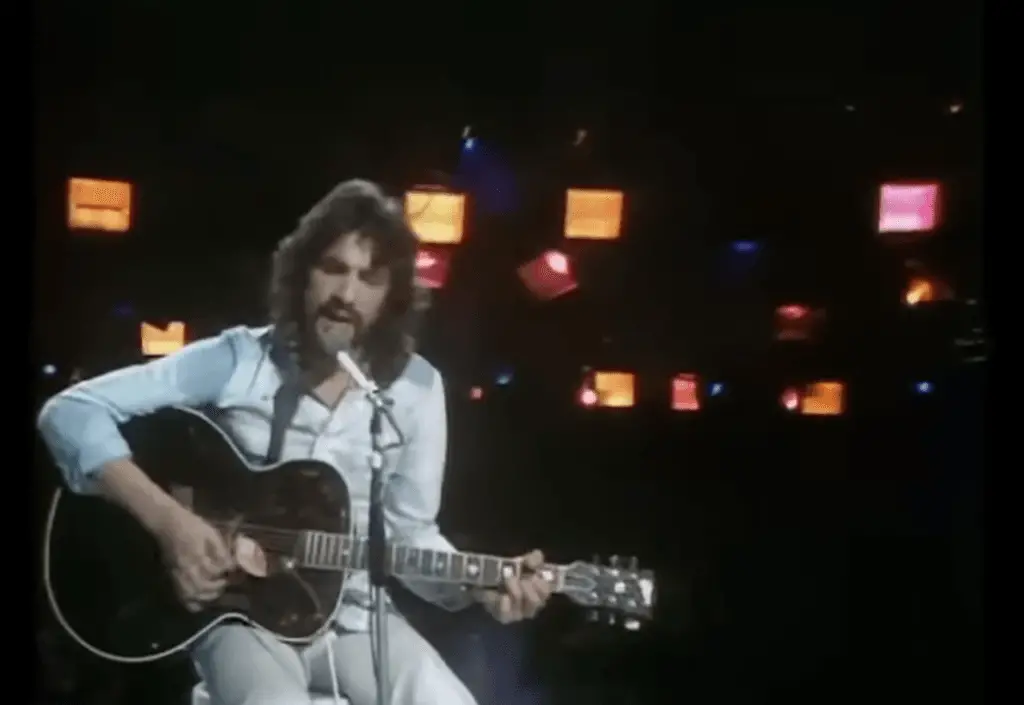
Cat Stevens was everywhere in the ’70s, with songs like “Wild World,” “Peace Train,” and “Father and Son” becoming anthems for a generation. His soulful, reflective style made him a star not only in pop but also in folk circles. Fans connected to his music on a deeply personal level, making him one of the era’s most influential singer-songwriters.
But in 1977, Stevens shocked the music world when he converted to Islam, changed his name to Yusuf Islam, and walked away from pop music. For decades, he refused to perform his old hits and devoted himself to philanthropy and education. Though he has since returned to the stage in a limited way, his disappearance from mainstream pop felt like a sudden closing of a book fans weren’t ready to put down.
6. Linda Ronstadt
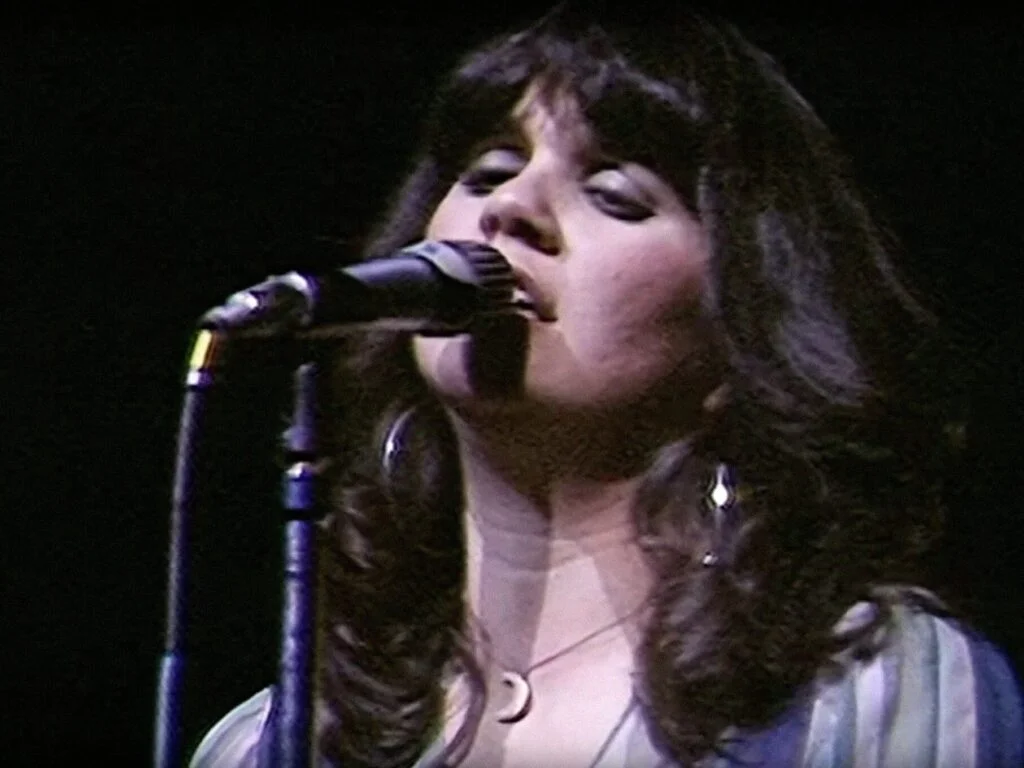
Linda Ronstadt was one of the most versatile voices of the ’70s, crossing genres from rock to country to pop with ease. Hits like “You’re No Good” and “Blue Bayou” cemented her as a powerhouse singer. She collaborated with everyone from Dolly Parton to The Eagles, proving she was truly everywhere in the decade.
By the late ’80s and beyond, though, Ronstadt slowed her pop career and eventually revealed she could no longer sing due to Parkinson’s disease. While she didn’t exactly choose to leave, her career still represents a heartbreaking example of a voice silenced too soon. Fans continue to celebrate her recordings as proof of just how influential she was in her prime.
7. Gilbert O’Sullivan
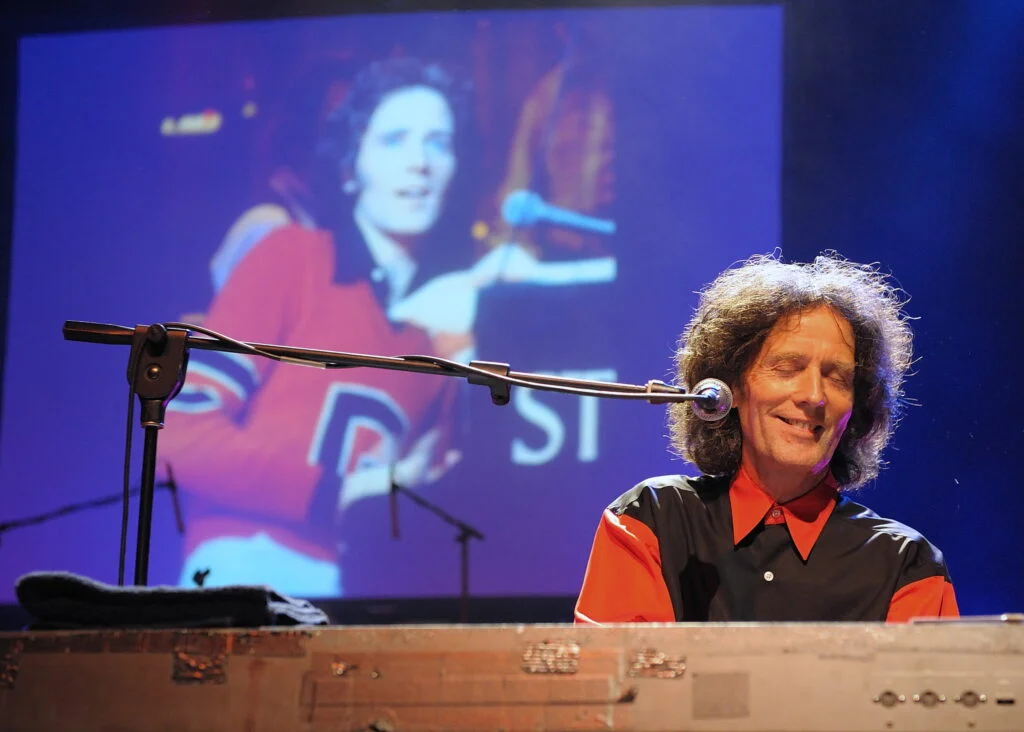
Gilbert O’Sullivan scored massive hits in the ’70s with songs like “Alone Again (Naturally)” and “Clair.” His quirky image, complete with a pudding-bowl haircut and schoolboy outfits, made him stand out in the pop scene. His melodies and storytelling struck a chord, and for a time, he was unavoidable on the radio.
But after disputes with his management and changing musical tastes, O’Sullivan’s career in the U.S. faded quickly. He continued recording in Europe but never regained his former global fame. For many, his sudden retreat from the pop spotlight felt like he had simply walked away at the height of his powers.
8. Melanie
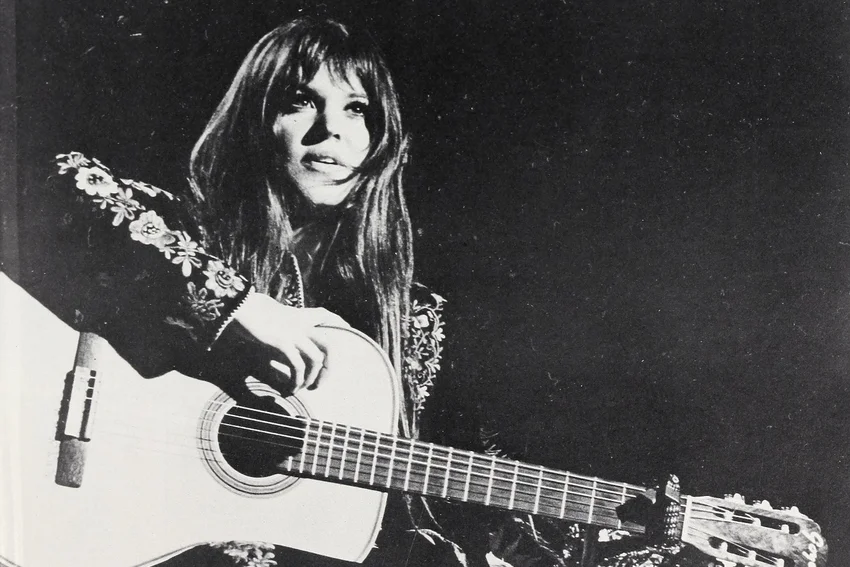
Melanie rose to fame with her hit “Brand New Key” and her performance at Woodstock, becoming a folk-pop darling of the early ’70s. Her unique voice and playful lyrics gave her a different kind of charm than many of her peers. For a while, it seemed like she was destined to remain a big part of the music conversation.
Yet as trends shifted, Melanie’s career cooled, and she stepped back from the mainstream stage. She kept performing for loyal fans but never chased the spotlight again in the way she once had. Looking back, she feels like one of those stars who was everywhere for a moment, then slipped away almost quietly.
9. Bobby Sherman
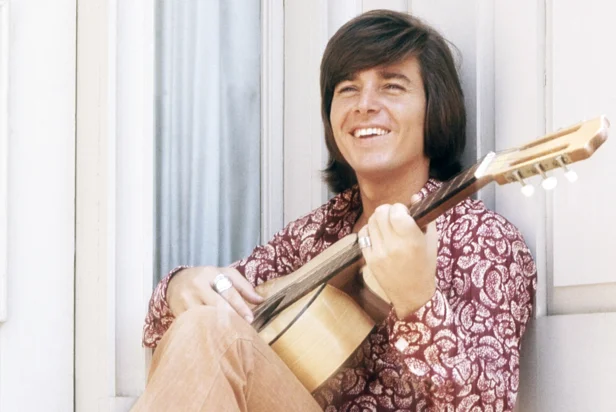
Bobby Sherman’s clean-cut image and catchy songs made him one of the biggest teen idols of the early ’70s. Hits like “Julie, Do Ya Love Me” had screaming fans packing his concerts and snapping up every magazine with his face on the cover. He was so popular that he even appeared in multiple TV shows.
But Sherman eventually tired of show business and made a surprising career shift. He walked away from fame and became a paramedic and later a police officer, finding fulfillment in helping others rather than entertaining. For fans who remembered him as a pop heartthrob, it was shocking to see him leave fame behind so completely.
10. Donna Summer
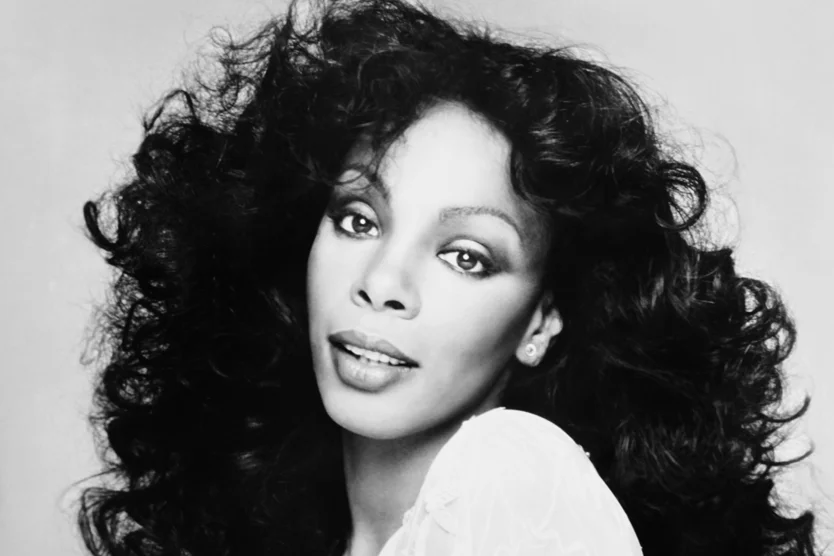
The Queen of Disco, Donna Summer, was everywhere in the late ’70s with songs like “Last Dance,” “Hot Stuff,” and “Bad Girls.” Her powerful voice and glamorous image made her the face of disco and a fixture on the charts. For a while, she defined an entire era of music and culture.
But when disco fell out of fashion, Summer stepped back and redefined herself more selectively. She continued to make music and perform, but she never pursued the constant dominance of her disco years. In a way, she walked away from the nonstop spotlight, showing that even the brightest stars sometimes choose quieter paths.
11. Tony Orlando
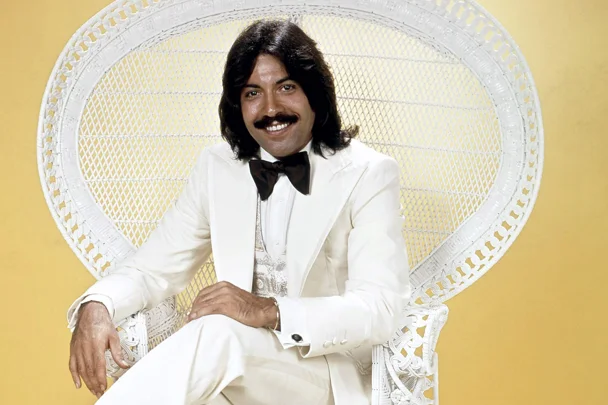
Tony Orlando and Dawn were inescapable in the ’70s, thanks to hits like “Tie a Yellow Ribbon Round the Ole Oak Tree” and “Knock Three Times.” Their TV variety show made Orlando a household name, and for a while, he seemed to embody the spirit of ’70s pop culture. His warm voice and charm made him a favorite across generations.
But by the late ’70s, Orlando’s fame began to wane. He stepped away from the charts and the constant TV appearances, eventually focusing on performing in Las Vegas and Branson. While he never fully disappeared, he was no longer the everywhere star he once had been. Fans who remembered his heyday still recall him as one of the era’s defining pop figures.
12. Barry Manilow
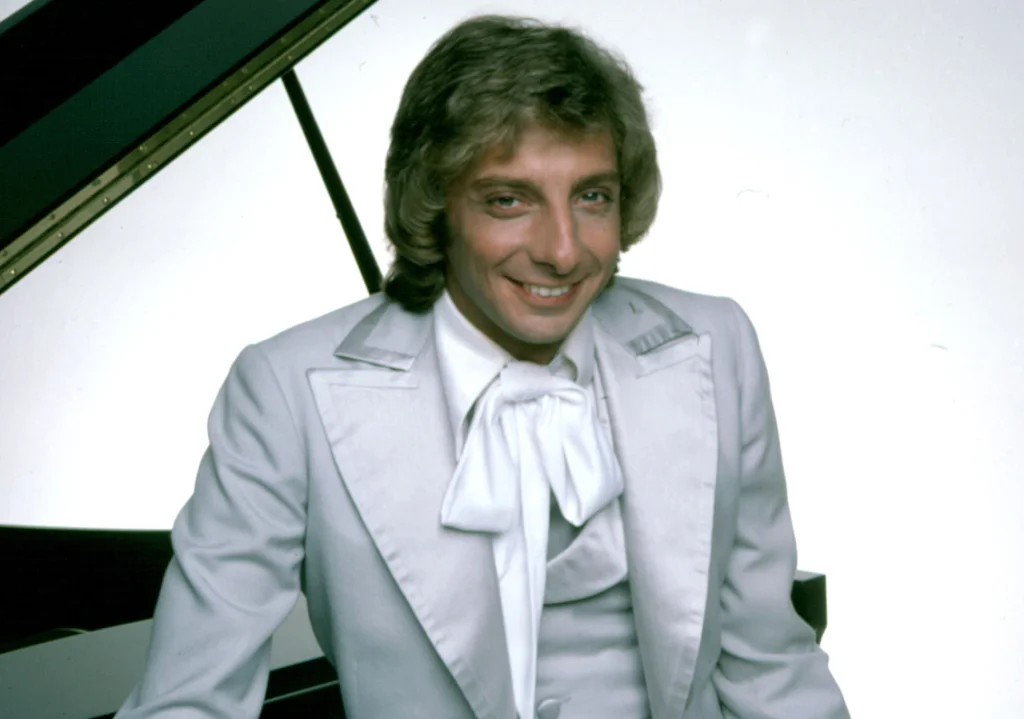
Barry Manilow dominated the airwaves in the ’70s with hits like “Mandy,” “Copacabana,” and “Can’t Smile Without You.” His flair for dramatic ballads and upbeat anthems made him one of the most recognizable stars of the decade. For a time, he was releasing hit after hit, almost guaranteeing a spot on the charts.
But as the years went on, Manilow stepped back from pop stardom as the culture shifted. While he still performed and held residencies, he wasn’t chasing chart dominance anymore. Fans who remembered his ’70s ubiquity often remark how he felt like he was everywhere one day and suddenly much quieter the next. Even without constant hits, his legacy remains firmly cemented.


